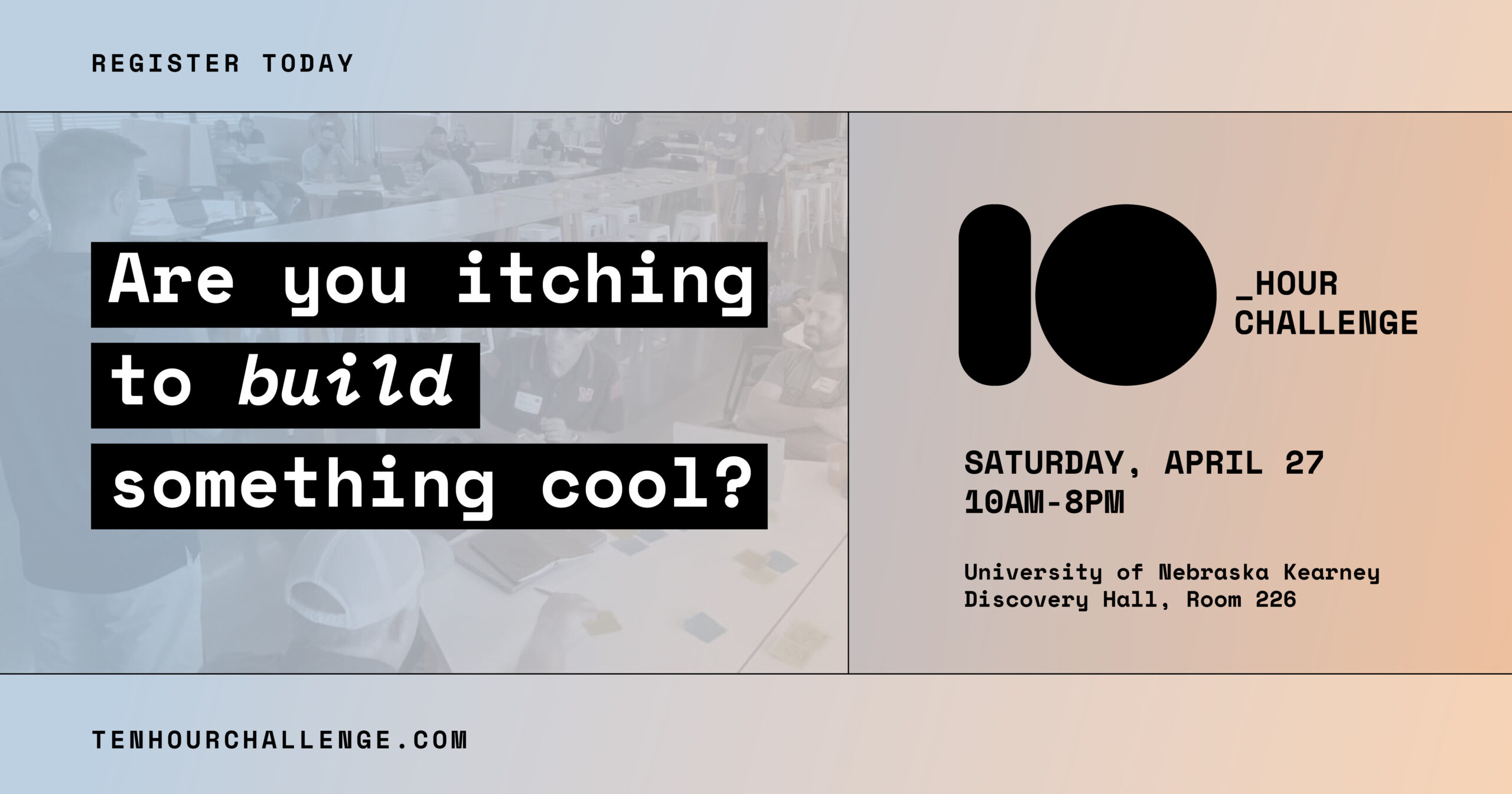
NextStep.io helps personal trainers put context to their client’s wearable technology data to help them better achieve their fitness goals.
Just a few months ago, all we heard about was how 2014 was going to be the year wearable tech dominated the space and became even more prevalent. Or at least, so we thought.
But last week, news broke after rumors spilled into tech gossip forum Secret that Nike would eliminate the bulk of its FuelBand team and stop working to produce wearable technology, setting off a larger discussion about the future—or alleged lack thereof—of wearables.
While some claim Nike’s shifting focus away from the Nike FuelBand—bested by Fitbit and Jawbone in 2013—doesn’t bode well for the rest of the space, NextStep.io CEO and co-founder John Schnipkoweit says he has no reason to believe wearables are dead. In fact, he says the demand for effective wearable technology—albeit potentially in a different form—is stronger than ever. 
“What’s happened is that first-generation design and hardware has now matured, which is great because the products are solid and there’s not this whole customer support nightmare that goes along with it,” Schnipkoweit (right) said. “Generation two of wearables is different. It’s not only about more data, but new types of collection.
“Whether that’s smart fabrics, with something like Atlas, or collecting very specific exercise fingerprints, people want things to be more seamless, more fashionable.”
Last summer, the NextStep team—formerly RecBob—traveled to Portland for the Nike+ Accelerator, powered by TechStars. There they formed a new startup focused on making sense of the myriad data users track with wearable tech.
Schnipkoweit says Nike’s move away from FuelBand is less about abandoning wearable technology altogether and more about determining how the company can have the biggest impact in the emerging tech space. In fact, earlier this month, the company opened a Nike+ Fuel Lab in San Francisco, focused on integrating with other platforms and services.
Likewise, while products like Fitbit and Jawbone have continued to change and find their niche, so has NextStep.
“We see a great opportunity to fill the needs that are there, and that’s really how you get people into this data conversation in a way that’s more meaningful,” Schnipkoweit said of the startup’s focus.
But just because NextStep graduated from the Accelerator and Nike is no longer focused on the hardware doesn’t mean the startup’s relationship with the fitness giant is over. Schnipkoweit says the two companies continue to work together closely and that he’s excited to see where Nike takes its fitness innovation next.
“We basically had the same access to Apple as Nike does,” he said of NextStep’s time during the Accelerator. “We see that partnership continuing to move on even though we’re not in the Accelerator.”
Others agree. Nike and Apple have had a long relationship, and it doesn’t hurt that Apple CEO Tim Cook has sat on Nike’s board for nine years. The potential collaboration between the two may get even stronger.
Taking the next steps
Initially, Schnipkoweit and the NextStep team set out to add context to the data surrounding an individual’s wearable. Whether users wore a Fitbit or sported a Nike FuelBand, NextStep would help create a more digestible set of data around the device’s numbers to help meet their goals.
“One of the biggest critiques as far as wearables go that I actually agree with is that they’re not personalized enough and don’t provide that sense of accountability,” Schnipkoweit said. “We spent a lot of time last summer seeing if we could provide that accountability in an app.
“The immediate solution was to find the people who provide this service every day. We thought, ‘Let’s enable people to work together to build experience and accountability around this new technology instead.’”
So NextStep began seeking out the people who make it their profession to help others get fit: personal trainers.
“It’s one thing to buy the device and see where you’re at in terms of activity,” Schnipkoweit said. “But then how do you do more? People who use a personal trainer or someone to hold them accountable to their goals is way more successful than someone who tries to do it on their own.”
Instead of trying to court a demographic to adopt NextStep, the startup found that personal trainers are already looking for ways to embrace wearable technology and understand their clients’ activity in a more complex way.
“There’s all sorts of analysis coming out of this data other than simply that someone is walking 10,000 steps a day,” he said. “It’s finding a way to not only use this data, but enrich it because people are having conversations around that data.”
Now NextStep is working with personal trainers to make sense of the data any combination of new tech is helping them collect. The web app syncs data from various devices and allows trainers to track their clients’ progress regardless of steps, calories burned or Fuel points.
“We’ve found a warm reception so far because everyone is looking for how [wearable technology] fits into their business,” Schnipkoweit said. “They almost need to become the Geek Squad of fitness because it’s going to continue to be focused around all of these data points.”
Schnipkoweit says that while the coasts have taken to wearable tech with more vigor, meaning a larger concentration of their users are based there, the conversation about wearables and fitness tracking in the Midwest is definitely getting there.
Credits: NextStep.io photos courtesy of NextStep. John Schnipkoweit photo from Twitter.

 |
 |
 |



